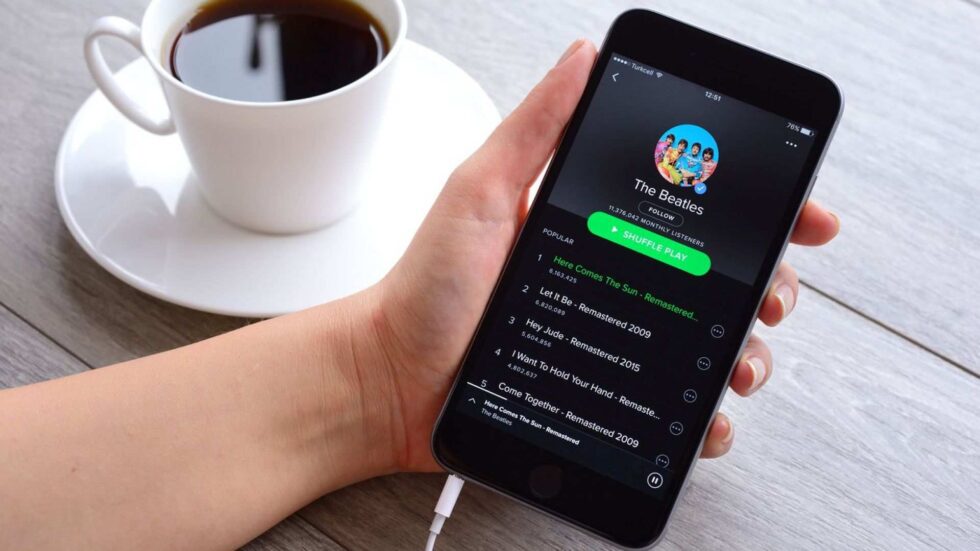Why did Spotify delete 75 million tracks — and what it means for the music industry

Spotify has confirmed the removal of more than 75 million tracks from its platform, citing abuse of artificial intelligence in music creation. The streaming leader said the move is part of a broader strategy to fight deepfakes, unauthorized voice cloning, mass spam uploads, and royalty manipulation schemes. According to Spotify, the unprecedented cleanup is designed to protect copyrights, rebuild trust with listeners, and guarantee fair earnings for genuine musicians.
Industry observers describe this as one of the most decisive policy shifts since the introduction of streaming. “This is the Napster moment for AI music,” noted one analyst, referring to the disruptive early 2000s era that forced record labels and digital platforms to define new rules.
Ban on unauthorized AI voice clones
A central part of Spotify’s new policy is the explicit prohibition of AI-generated voice clones of artists without their consent. This applies both to living performers and deceased stars whose legacies have been exploited by artificial intelligence. Unauthorized recreations of artists such as Drake, The Weeknd, Amy Winehouse, and Elvis Presley have gone viral in recent months. Spotify now requires formal authorization from rights holders before such material can be distributed, with stricter reporting and takedown procedures in place.
Stronger filters and metadata transparency
To prevent further abuse, Spotify is deploying enhanced content filters designed to block fraudulent uploads before they reach users. Previously, imitation tracks could bypass detection, flooding the platform with low-quality content.
From now on, distributors and labels must disclose AI involvement in any track. This information will be published in the credits section, visible to listeners. The policy follows the DDEX metadata standard, enabling a global framework for transparency. The company argues this will empower audiences to distinguish between human artistry and algorithm-driven output.
The wider impact on the music industry
Spotify’s decision could set a global precedent for regulating AI in music. While the move strengthens copyright protection and reassures listeners, it also poses new challenges for independent musicians. Many smaller artists have used AI tools to reduce costs and experiment creatively. Under the new rules, they must now declare the extent of AI’s role, a factor that may influence how audiences and critics perceive their work.
Record labels, including Universal, Sony, and Warner, have welcomed the crackdown, claiming it reduces losses caused by AI scams siphoning off millions in royalties. Analysts expect other platforms — Apple Music, YouTube Music, and Deezer — to introduce similar policies in the coming year.
Economic background: why now
Spotify’s payouts to rights holders have grown from $1 billion in 2014 to over $10 billion in 2024. This rapid increase has also attracted fraudulent activity. Short-track uploads designed to exploit the platform’s per-stream payout model became widespread, diverting revenue from legitimate musicians.
By cutting 75 million suspicious titles, Spotify aims to stabilize its royalty system, restore fairness, and strengthen its reputation as the world’s largest music platform.
Stay connected for news that works — timely, factual, and free from opinion — and insights that matter now: A100 in Berlin opens: €721 million extension sparks protests